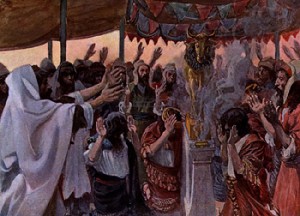Forsake Not the Assembling…
The Purpose of the Local Congregation—
Why Redeemed Israel Must Assemble Each Sabbath and on the Biblical Feasts
Church attendance is plummeting in America. Though roughly 85 percent of Americans claim to be Christian, only a very small percentage of these people attend church services weekly. Those who do, spend only one or two hours a week in church at the most. Even many Messianics/Hebrew Roots believers have become victims of these trends. There seems to be a lack of discipline about regular church attendance, and many seldom go if at all. For many, church attendance has become a perfunctory ritual; people feel that they need to go to church, but they’re not sure why they do it.
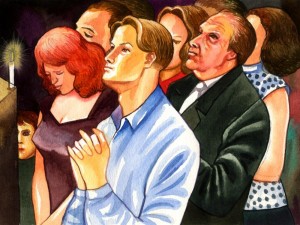
In Israel in the time of Yeshua and earlier, the synagogue was the heart and soul of each community. It was the place of spiritual and secular education, prayer, fellowship, and acted as a sort of community center. We see that this was the case among the first century redeemed believers as well.
As many of us return to the spiritual and Hebraic roots of the Christian faith, then perhaps we need to reevaluate the role the local congregation played in the lives of our spiritual forefathers, and what the Bible teaches about this to see if our lives are mirroring the Word of Elohim. If not, then we need to ask ourselves some hard questions as to why so many among us no longer see the need to gather together with like-minded believers on YHVH’s appointed times (the weekly Sabbath and seven biblical feasts).
The Word of Elohim has much to say about the importance of gathering together regularly on YHVH’s Sabbaths including the biblical festivals. In fact, this is key to the spiritual survival of YHVH’s people, which is a crucial reason YHVH commanded his people to do it.
Yeshua told his disciples (and us), that if we love him, we will keep his Torah-commandments (John 14:15), which includes gathering together at his appointed times.
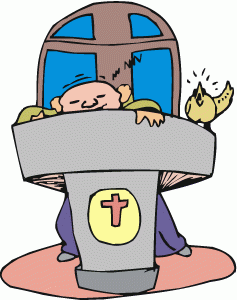
Yeshua rebuked the religious hypocrites of his day for professing to obey YHVH with their mouths, but for not backing up their profession with action (Matt 15:8). James instructs us that faith without works is dead (Jas 2:26).
Yeshua rebuked the Laodicean believers for professing a faith in him, when, in reality, they were spiritually lukewarm. Elsewhere Yeshua discusses those who have professed a faith in him, who have claimed to have followed him, and who even appear to have done great spiritual works in his name, but who have failed to do the basic will of his Father by walking in obedience to his Torah. This includes gathering together as a spiritual community on his Sabbaths and feasts. On judgment day, Yeshua will tell these sincere, but sincerely misguided people to depart from him — that he doesn’t know them (Matt 7:21–23)!
Some Points to Ponder About the Importance of Congregational Life
Torah commands Israelites to assemble weekly on the Sabbath (Heb. Shabbat) and at the seven annual feasts, which are set-apart convocations (Heb. miqrai kodesh) and appointed times (Heb. moedim, Lev 23:2).
Consider this: Continue reading →

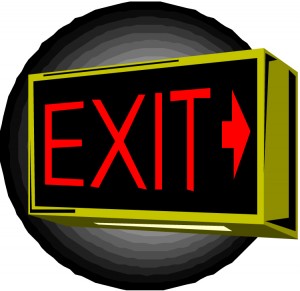

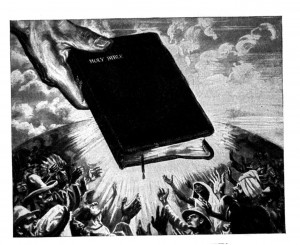


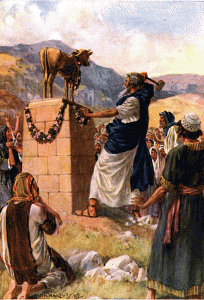 Between the time of the festival of Shavuot and Yom Teruah (the Day of the Awakening Blast) when Moses received the second tablets of stone from YHVH containing the Ten Commandments, the children of Israel, the bride of YHVH, prepared herself not only to receive YHVH’s instructions again, but this time to be faithful to her marriage vows. This Israel did. She remained faithful to YHVH for approximately 38 years while trekking through the wilderness of Sinai, after which she entered the Promised Land and “stayed the course” until after the death of Joshua.
Between the time of the festival of Shavuot and Yom Teruah (the Day of the Awakening Blast) when Moses received the second tablets of stone from YHVH containing the Ten Commandments, the children of Israel, the bride of YHVH, prepared herself not only to receive YHVH’s instructions again, but this time to be faithful to her marriage vows. This Israel did. She remained faithful to YHVH for approximately 38 years while trekking through the wilderness of Sinai, after which she entered the Promised Land and “stayed the course” until after the death of Joshua.